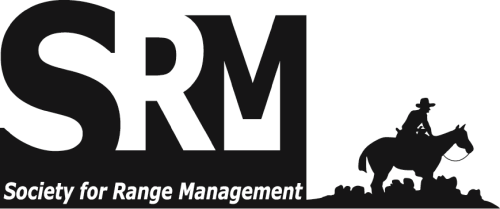Addiction is commonly cited as a clinical sign of locoweed (Astragalus spp. and Oxytropis spp.) poisoning. In a previous study, ewes progressively poisoned on locoweed ("locoed") in cafeteria trials did not become addicted to locoweed. Following a year of recovery, these ewes were allowed to graze locoweed-infested rangeland to determine if there was any residual preference for, or addiction to, locoweed. Neither the locoed nor control ewes consumed appreciable amounts of locoweed on rangeland where associated forage was succulent and actively growing, and where grazing pressure was sufficiently low to allow selective grazing. There was no residual preference for locoweed in previously locoed ewes. However, locoed ewes often exhibited sudden involuntary seizures when attempting to take a bite of forage. The head would tremble and tuck up under the brisket in a bobbing motion, and eye lids fluttered for a few seconds before the animal was able to proceed in feeding. Biting rate of locoed ewes was about a third less than that of the control ewes (P<.05) , and locoed ewes took fewer bites of grass than the control ewes (P<.01). Physical inhibitiion of feeding caused by the sudden seizures and reduced consumption of coarse forage, which may be more difficult to prehend, may contribute to the persistent emaciated condition and reduced productivity of some locoed animals. This material was digitized as part of a cooperative project between the Society for Range Management and the University of Arizona Libraries. The Journal of Range Management archives are made available by the Society for Range Management and the University of Arizona Libraries. Contact lbry-journals@email.arizona.edu for further information. Migrated from OJS platform August 2020

Scholarly peer-reviewed articles published by the Society for Range Management. Access articles on a rolling-window basis from vol. 1, 1948 up to 5 years from the current year. Formerly Journal of Range Management (JRM). More recent content is available by subscription from SRM.